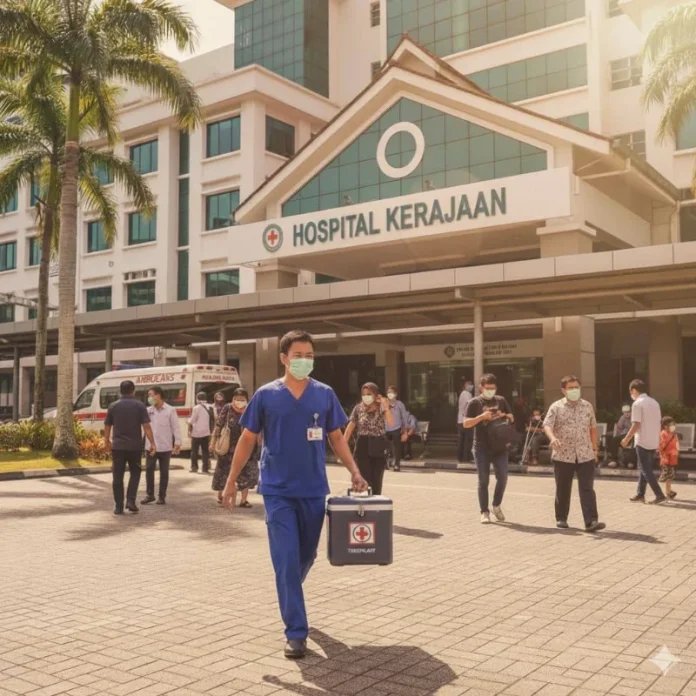Delays stem from limited donors, compatibility and shortage of specialists, says group
PETALING JAYA: Thousands of Malaysians in need of organ transplants face waits that could last for more than two decades, a crisis fuelled by a severe shortage of donors, bureaucratic gaps and an under-resourced transplant system.
The National Transplant Resource Centre (NTRC), in a written response to theSun, said between 2020 and 2024, Malaysia recorded just 249 cadaveric kidney transplants, 93 liver transplants and four heart transplants.
The centre revealed the average waiting time for a kidney ranges from five to 23 years, for a liver from two months to two years and for a heart from 24 hours to 14 years, depending on the availability of a suitable match.
NTRC said these delays stem mainly from the limited number of deceased donors, the complexity of donor–recipient matching and the shortage of transplant-trained specialists.
“Malaysia does not refer patients overseas for transplant procedures. Those who seek treatment abroad do so through personal arrangements.
“Public transplant services are currently provided at designated centres including Kuala Lumpur Hospital, Selayang Hospital and National Heart Institute.”
However, experts warn that without urgent structural reform, many Malaysians would continue to die waiting.
National Cancer Society of Malaysia (NCSM) managing director Assoc Prof Dr Murallitharan Munisamy said the shortage of donors remains the biggest choke point in the country’s transplant system.
“With childhood cancer, about 70% to 80% survive now. But many of the older treatments were very toxic, and about 10% of long-term survivors face late organ failure 18 to 20 years later.
“Malaysia has the specialists and facilities to treat almost all cancer cases locally. The issue in transplantation is not expertise. The issue is that there are simply not enough organs to be found,” he told theSun.
He added that the scarcity of donors forces patients to seek transplants abroad.
“For transplants, you need compatibility, and that means a large donor pool. We do not have that.
“So when there is a match in India, you have to go to the organ. You cannot bring the organ here. It is that simple and that brutal.”
He said the situation is even more dire for non-kidney transplants.
“It is already bad for kidneys, and it is worse for other solid organs such as the liver. It is very difficult to find donors.
“People are not offering their organs even when they pass away, or even when they could. Take bone marrow, for example. It’s not like they remove all of it. A donor gives only a small amount.
“It is a 10-minute to 20-minute procedure. It is a bit painful, but after that you go back to normal. There are no long-term side effects.
“But for the recipient, especially those with haematological cancers such as lymphoma or leukaemia, that donation could literally mean the difference between life and death. And yet our donor rates are abysmal.”
He also pointed to a systemic failure to coordinate hospital deaths with organ retrieval.
“The problem is that they are under-resourced and they do not have the authority. Right now, there is no mechanism in which one agency under the Health Ministry truly takes charge.
“When someone dies in hospital, there should be an activation process: call a central unit, confirm donor status, check compatibility and mobilise retrieval teams.
“This is how the transplant registry could be empowered. A doctor should be able to call and say, ‘I have this patient, who is a donor. There is a heart. There is a lung. We could extract.’
“Someone must have the authority to match that organ in real time to someone who needs it and make that process happen immediately.”
Murallitharan said NCSM continues to run donor pledge drives and bone marrow registry campaigns to expand the donor pool, while supporting underprivileged cancer patients through medication-access programmes.
On Oct 17, theSun highlighted the case of 16-year-old Meera Bernadette, whose family was advised to seek a liver transplant in India.
The story sparked a successful crowdfunding effort that raised RM300,000 for her treatment.








